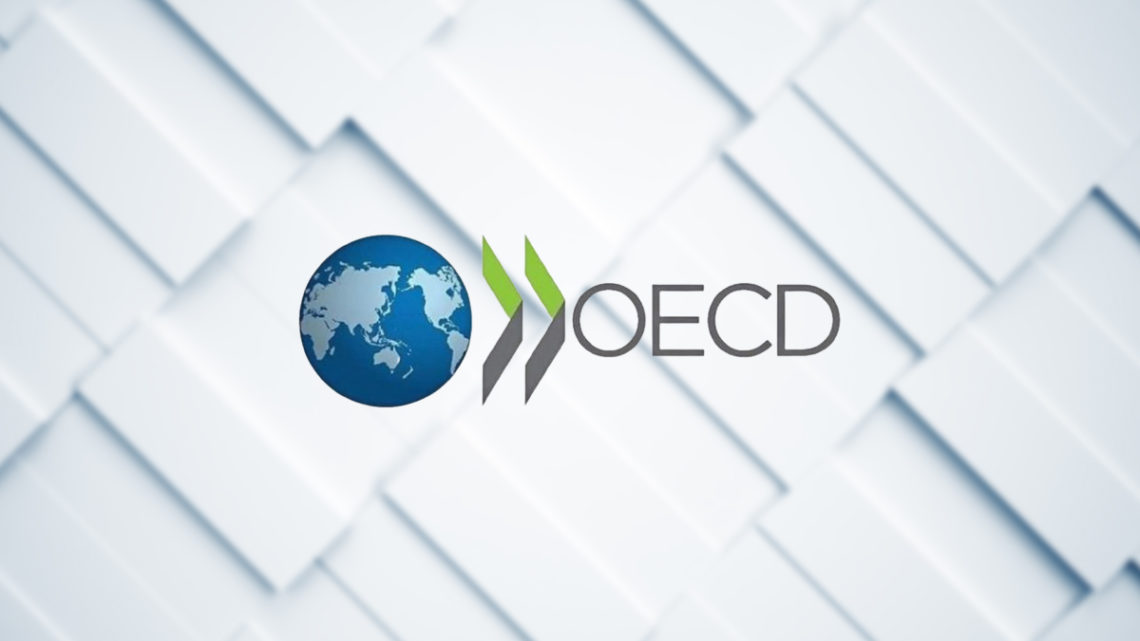- OECD Blockchain has published a novel paper recognizing key administrative issues related to the utilization of asset tokenisation in the financial sector
- Asset tokenisation includes the computerized portrayal of genuine (physical) resources on disseminated records or the issuance of customary asset classes in a tokenised structure
- Through this report, conceptual clarity relating to the subject matter has been provided
OECD Blockchain Policy Centre has published a new report outlining regulations regarding asset tokenisation in the financial market.
Asset Tokenisation Is Most Featured Use-Case Of DLT
As business sectors for tokenised resources are being created and developed rapidly, the need to shield customers and investors, along with maintaining monetary stability, has grown simultaneously. The OECD Blockchain Policy Center has recently released a paper distinguishing key administrative issues related with the utilization of asset tokenisation in monetary business sectors.
Asset tokenisation is quite possibly the most eminent use-instances of distributed ledger technology (DLT) in the financial sector today. It holds a great deal of influence on the market operations as well as the participants involved in various monetary processes. As mentioned in the report, tokenised assets that fall under the domain of monetary market controllers ought to agree with administrative necessities that help in the advancement of monetary stability, financial purchaser and investor insurance, and integrity within the market while promoting healthy competition.
Strategy creators in various purviews have moved toward tokenisation in an unexpected way. However, as tokenisation exercises and dangers proceed to advance and grow across borders, controllers may establish a change in their administrative systems and rules. The paper takes note of the fact that a huge portion of the indicated value creation in asset tokenisation is expected to be amplified post-exchange. However, this process will present difficulties in terms of legal, administrative and execution-related challenges.
Advance Payment Required For Trades
In certain purviews (for example MiFID, CDSR and EU rules), lawful and administrative structures force the requirement for administrators to follow the protection settlement framework, which may bar the utilization of decentralized organizations/public blockchains.
The decision of whether and how facilitators of tokenised assets will be permitted to connect to national bank instalment foundations or be permitted to depend on private-initiative stablecoins is still pending.
The paper additionally covers information regarding insurance, protection and operational issues, such as online threats of hacking, and the absence of a common perspective of policy making in the global setting.

Andrew is a blockchain developer who developed his interest in cryptocurrencies while pursuing his post-graduation major in blockchain development. He is a keen observer of details and shares his passion for writing, along with coding. His backend knowledge about blockchain helps him give a unique perspective to his writing skills, and a reliable craft at explaining the concepts such as blockchain programming, languages and token minting. He also frequently shares technical details and performance indicators of ICOs and IDOs.


 Home
Home News
News










